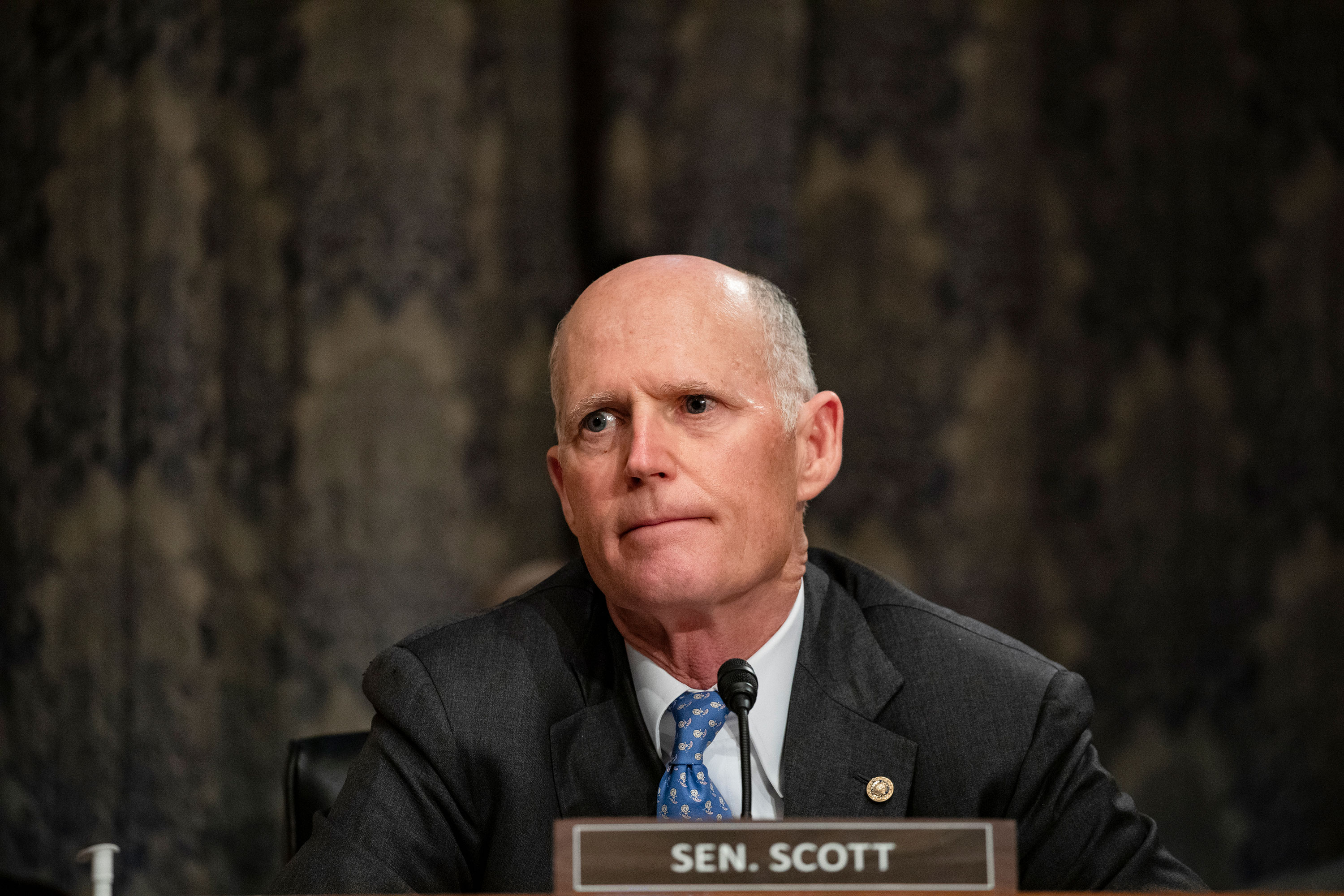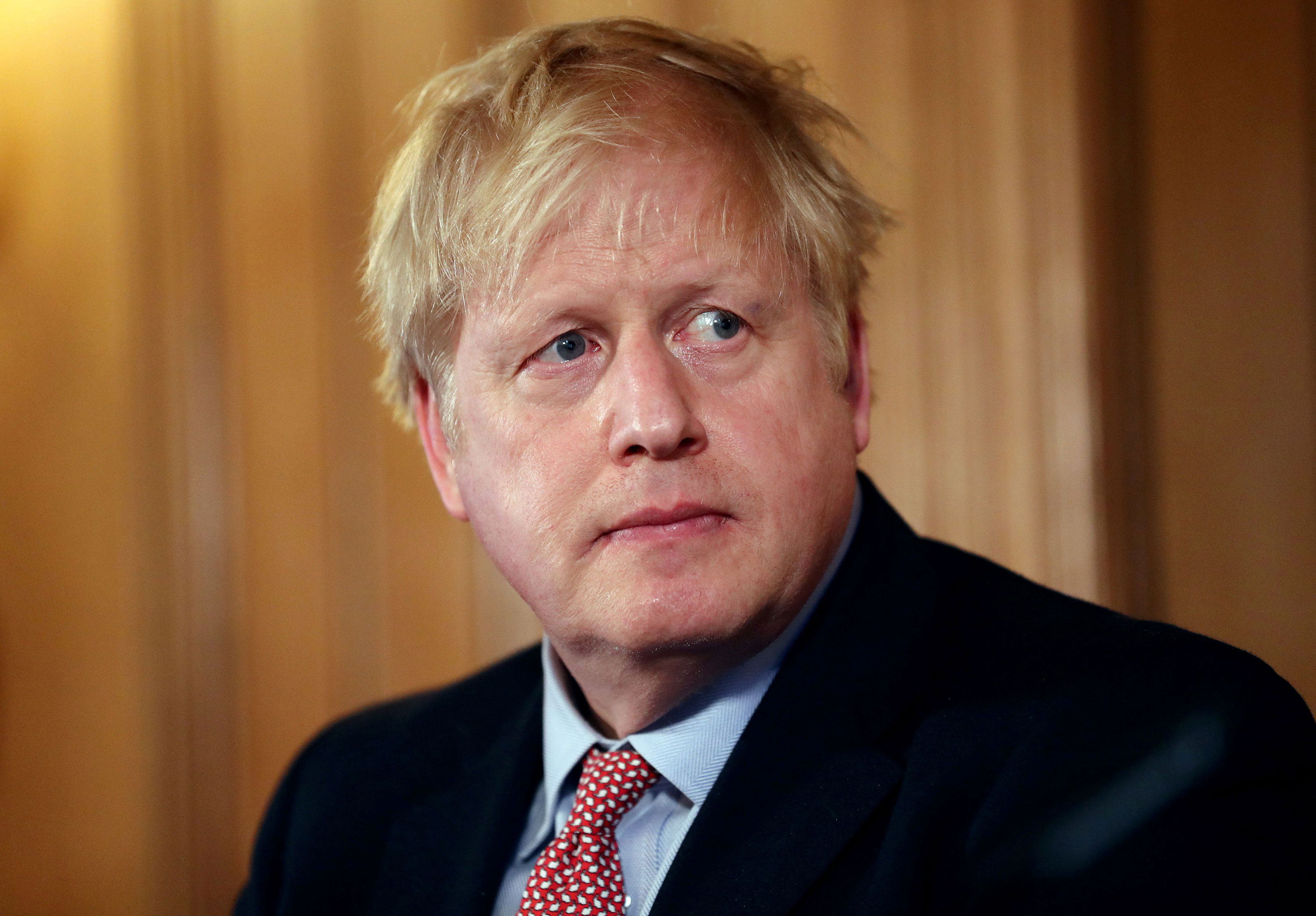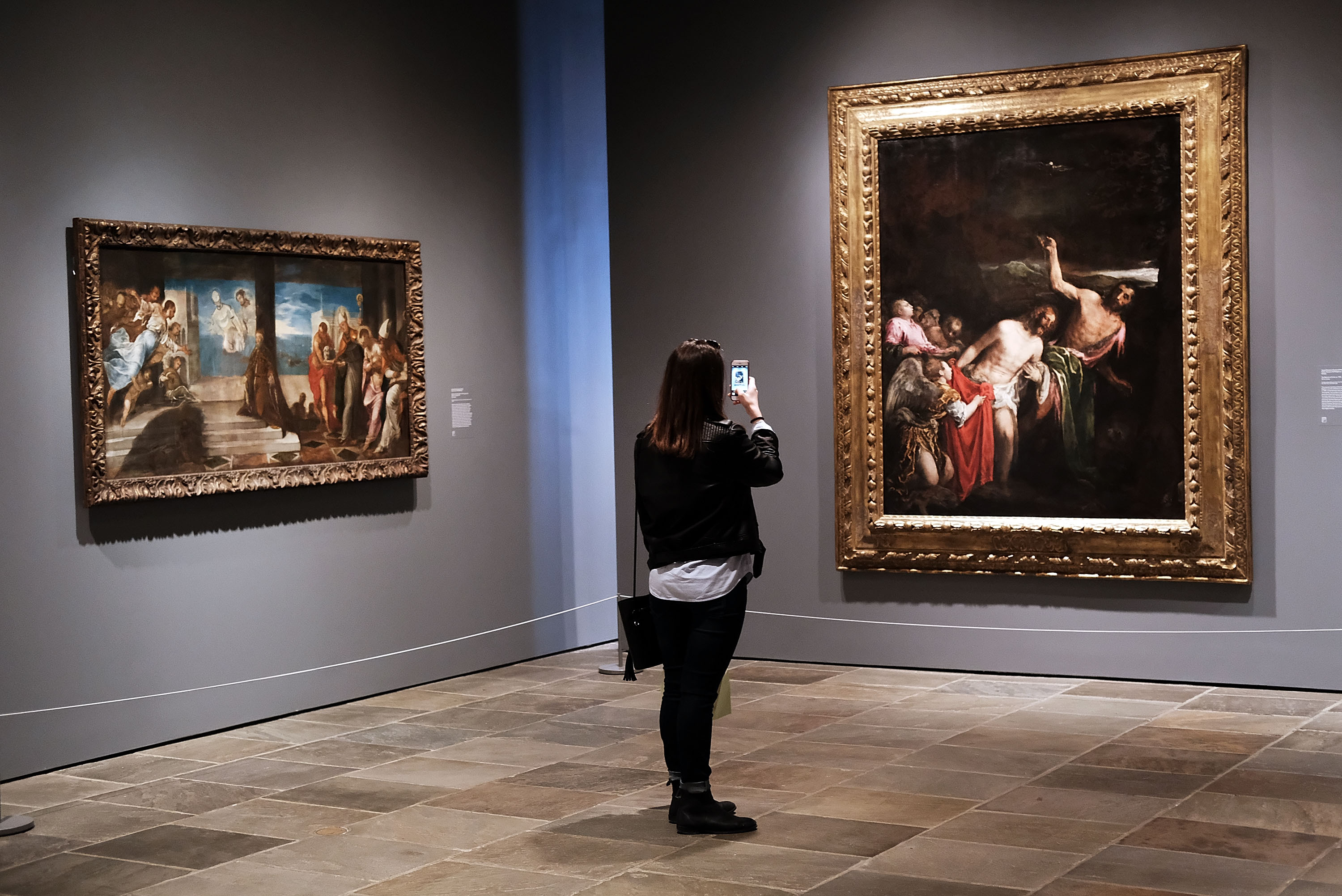Two federal agencies are urging people in the United States to continue donating blood during the coronavirus pandemic.
The US Department of Health and Human Services, the US Food and Drug Administration and US blood banks are urging blood donations and trying to calm fears. They said in a statement that coronavirus does not pose any known risks to blood donors during the donation process.
Dr. Peter Marks, director of the FDA Center for Biologics Evaluation and Research, said Americans need to “start turning out in force to give blood.”
The push comes as blood centers are seeing cancellation of drives and significant drops in donations. The American Red Cross said 300 Red Cross blood drives in the United States have been canceled because of coronavirus concerns. That translates to about 8,000 uncollected blood donations, the group said.
The FDA and HHS said the cancellation of blood drives means they are unable to keep the blood supply adequately replenished.
“We need people to prevent the blood supply from getting depleted. We need it not to get to the point that surgeries are having to get canceled,” Marks said. “That’s something we absolutely do not want to have happen. To ensure an adequate blood supply we need people to come out and donate blood.”
The FDA said there “have been no reported or suspected cases of transfusion-transmitted coronavirus and the virus poses no known risk to patients receiving blood transfusions.”
“It is safe to donate blood,” said Admiral Dr. Brett P. Giroir, assistant secretary for HHS. “Part of preparedness includes a robust blood supply. Healthy individuals should schedule an appointment to donate today to ensure that blood is available for those patients who need it.”
Kate Fry, chief executive of America’s Blood Centers, which collects close to 60% of the nation’s blood supply, urged people to donate before things get worse.
“Blood donors are needed now more than ever. We cannot wait for the situation to intensify further before taking action,” Fry said. “The blood supply cannot be taken for granted and the coronavirus only heightens the need for a ready blood supply.”




